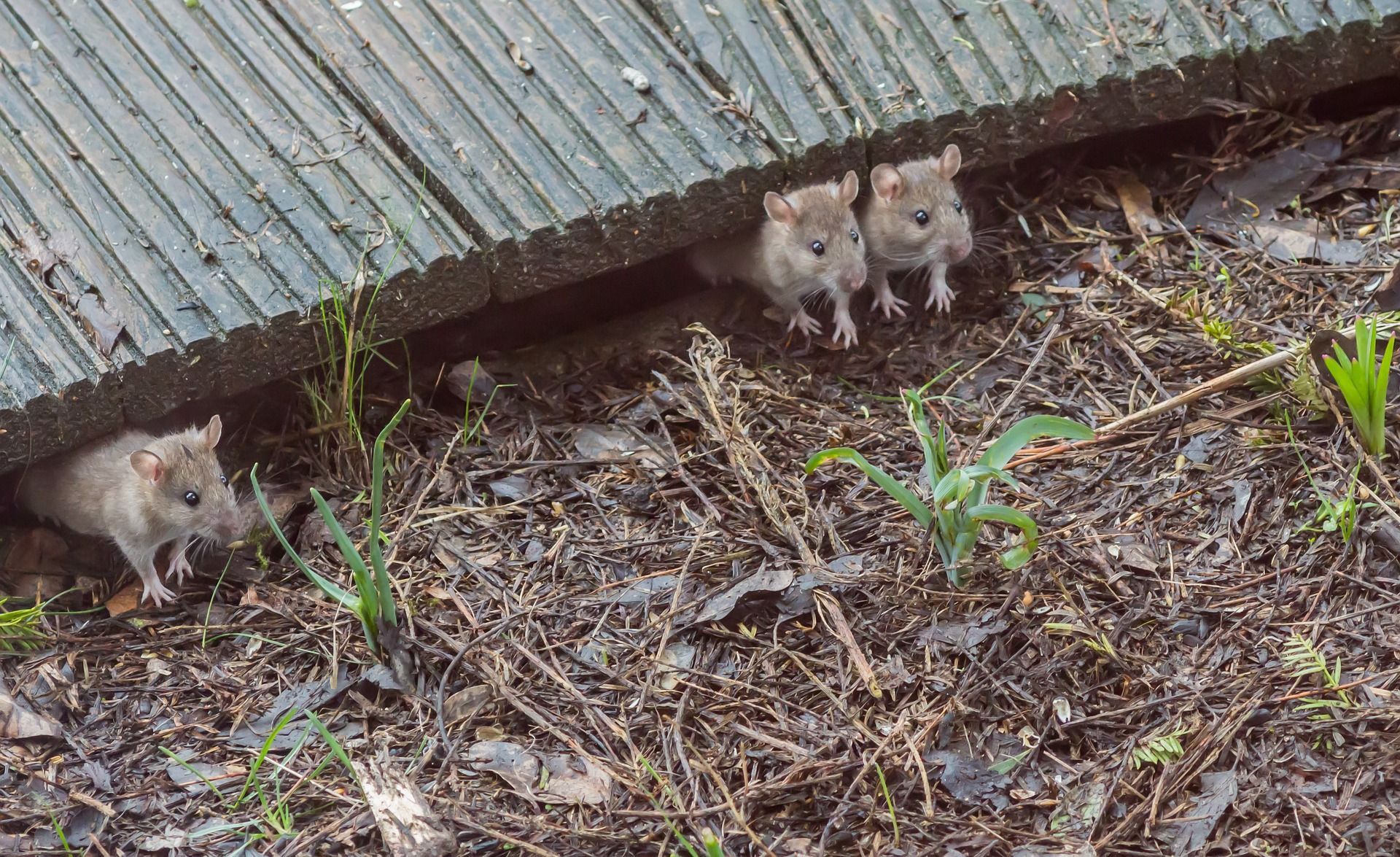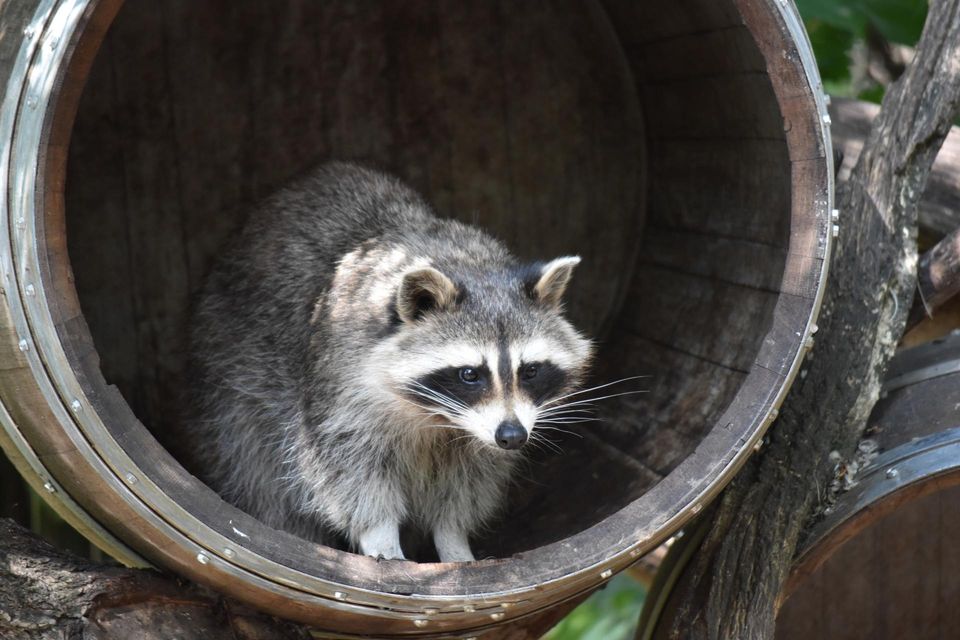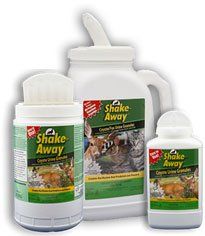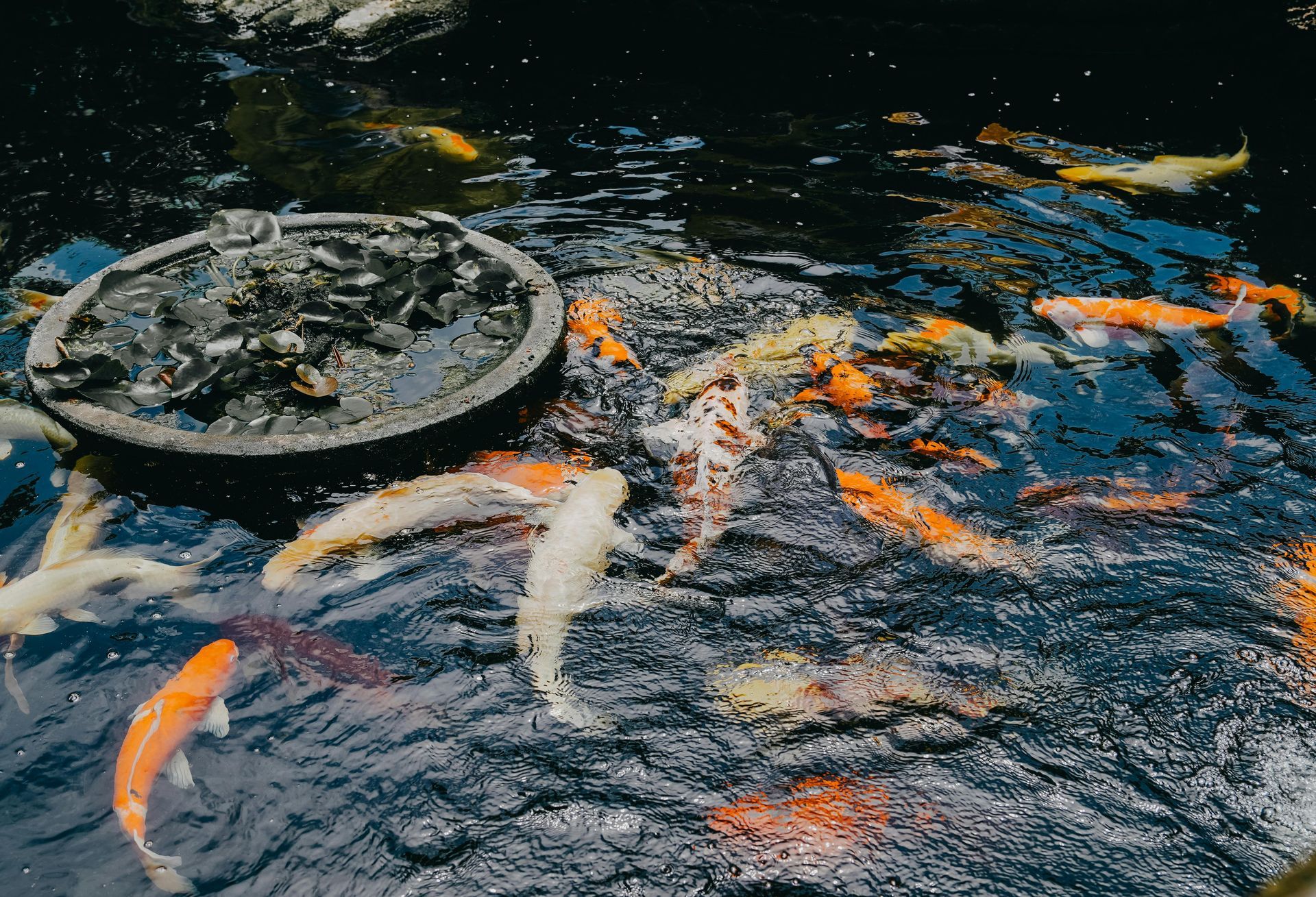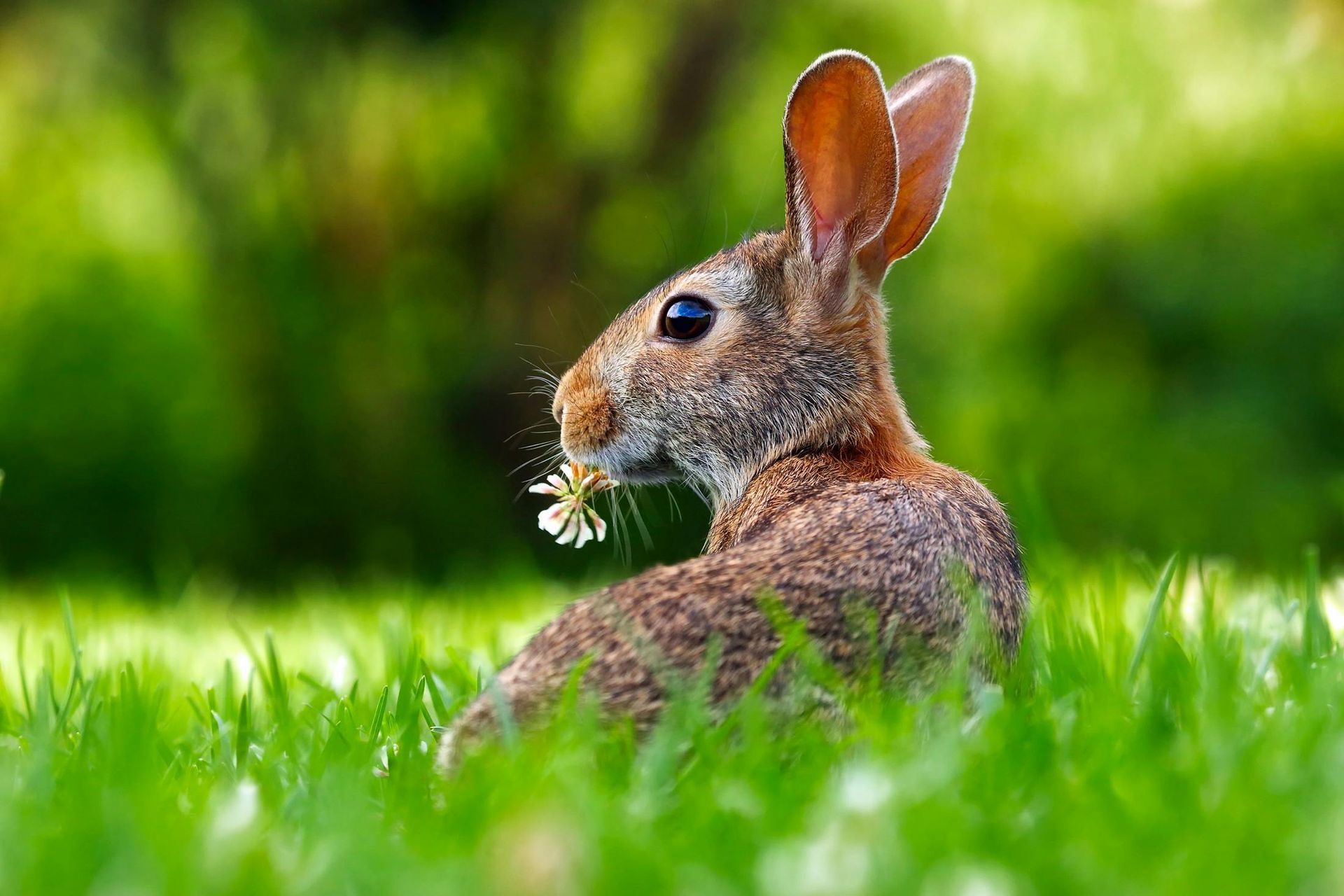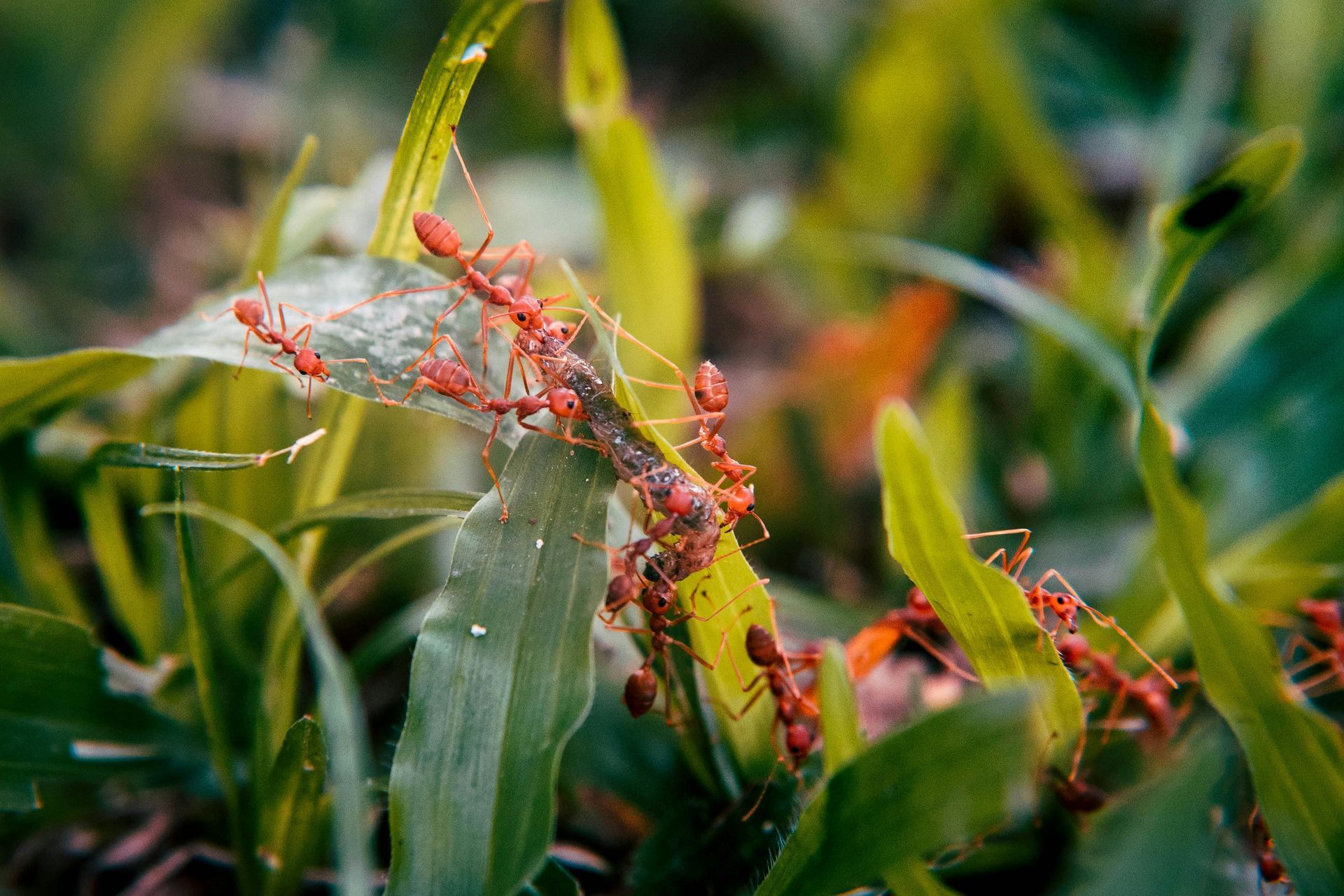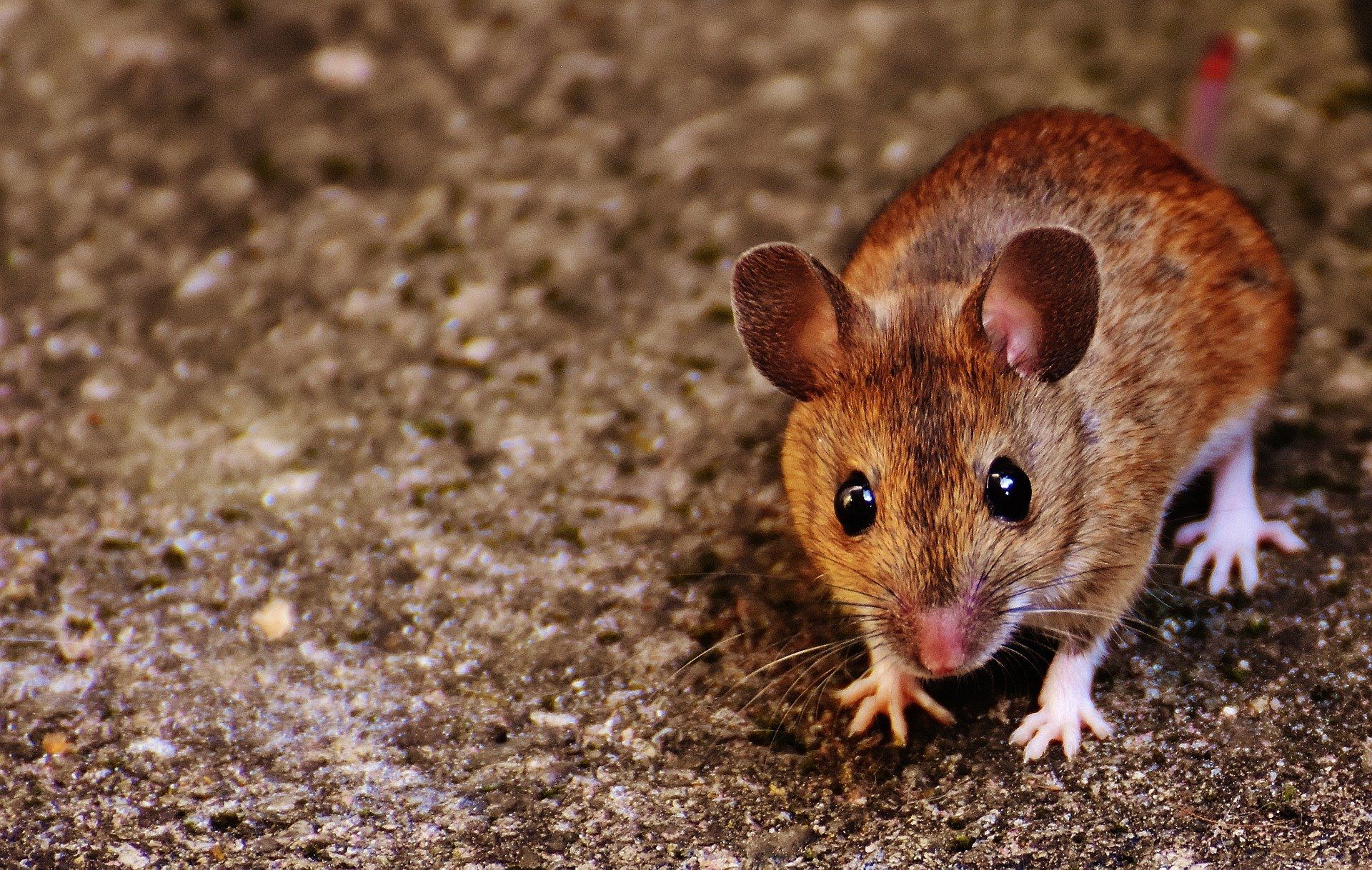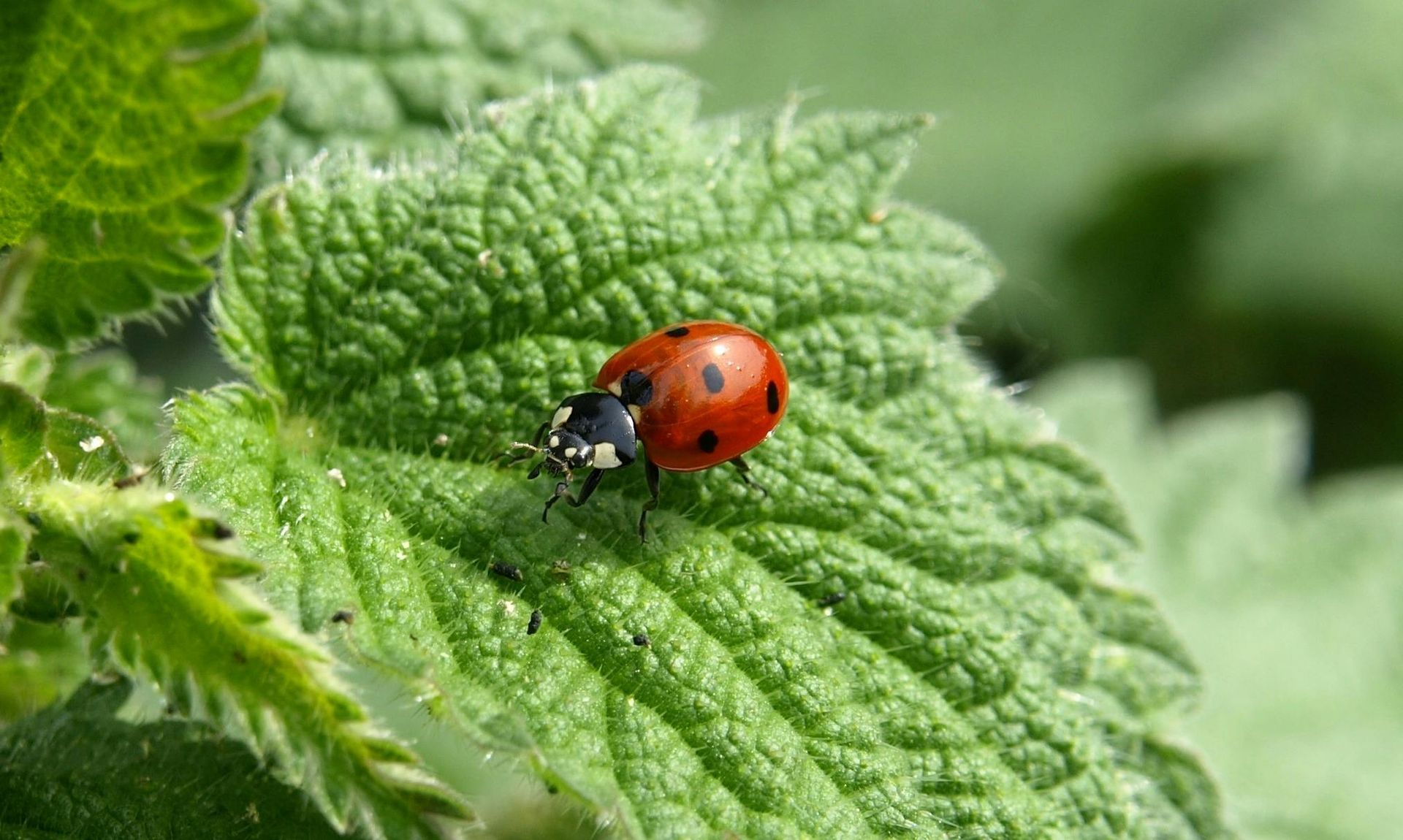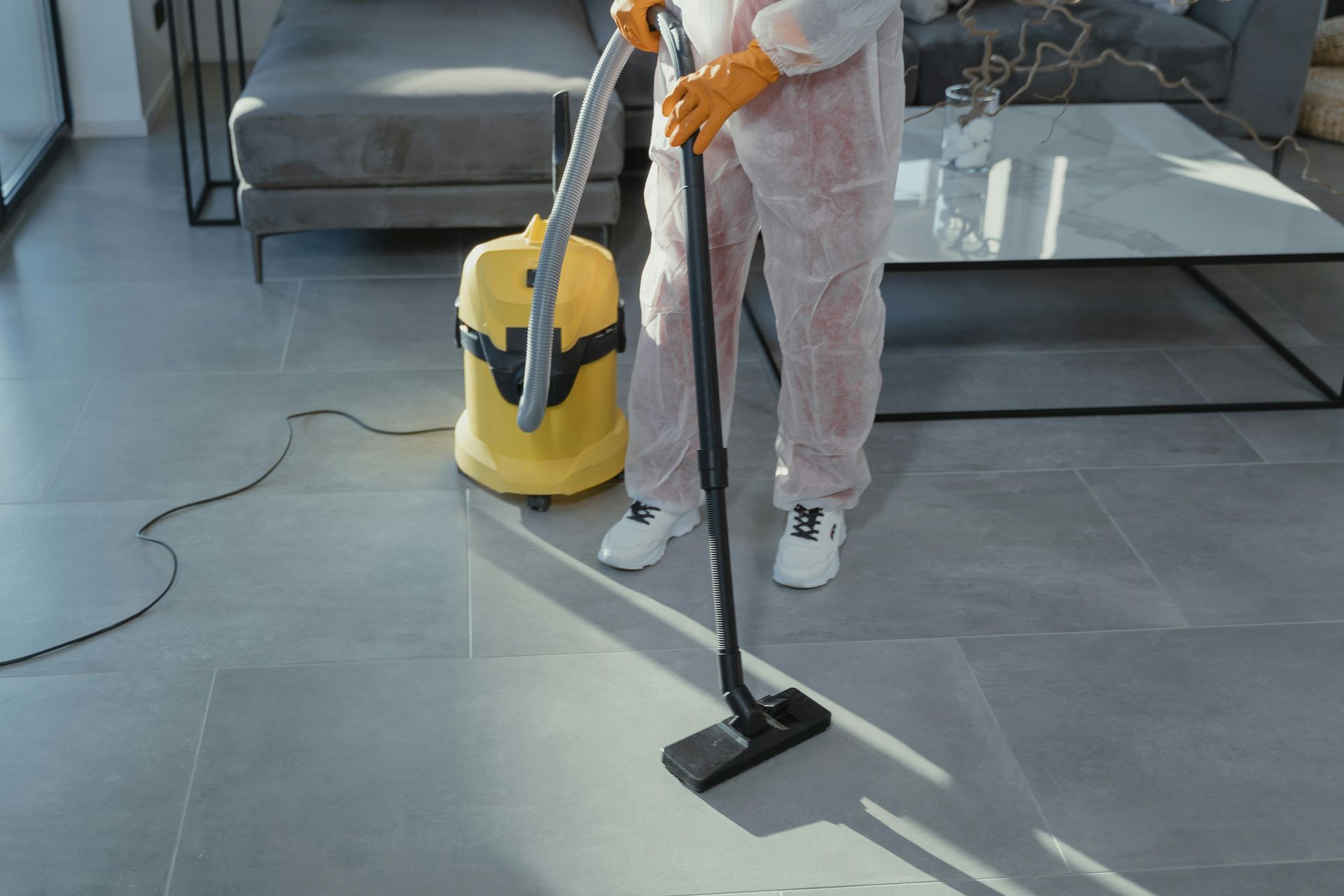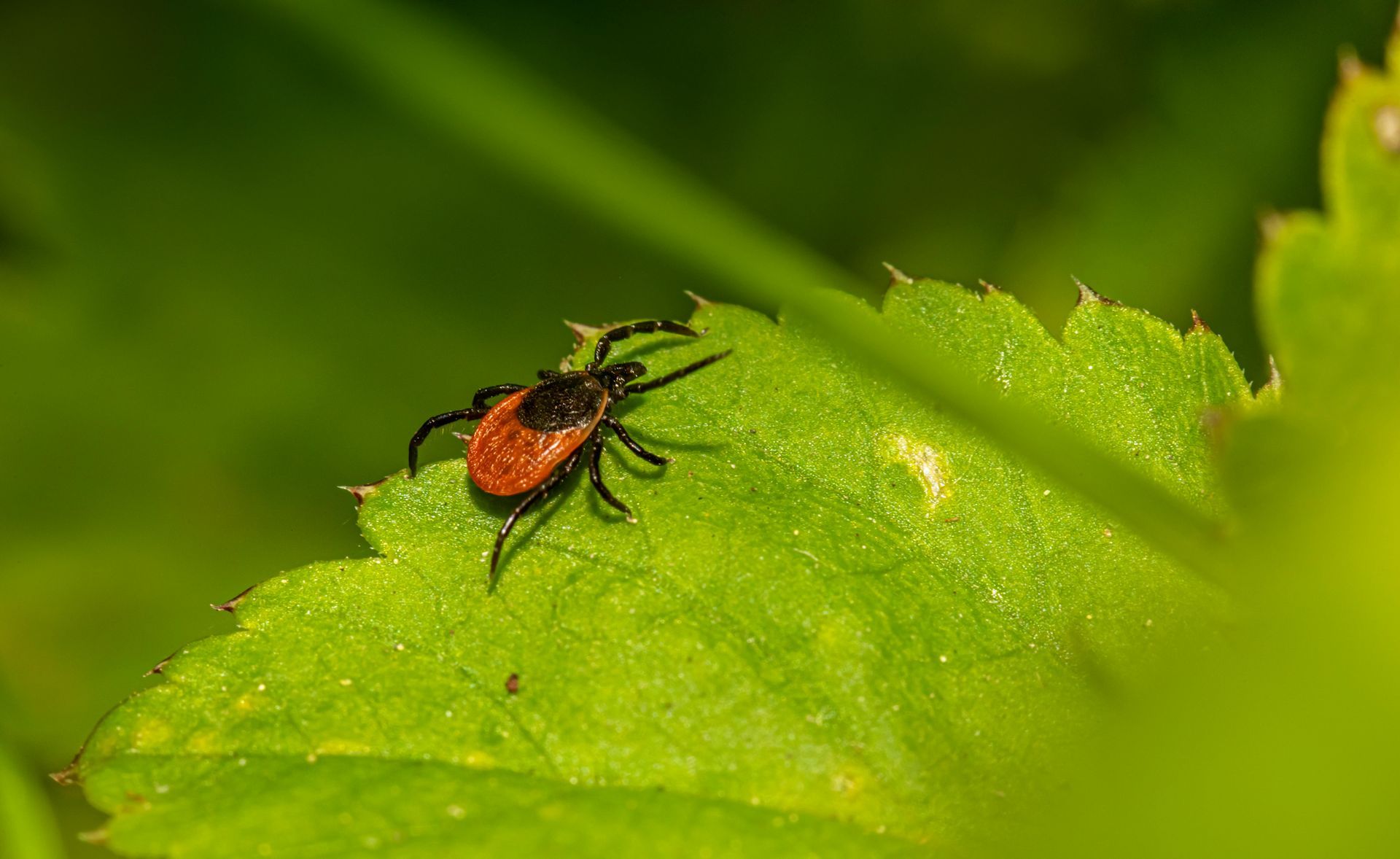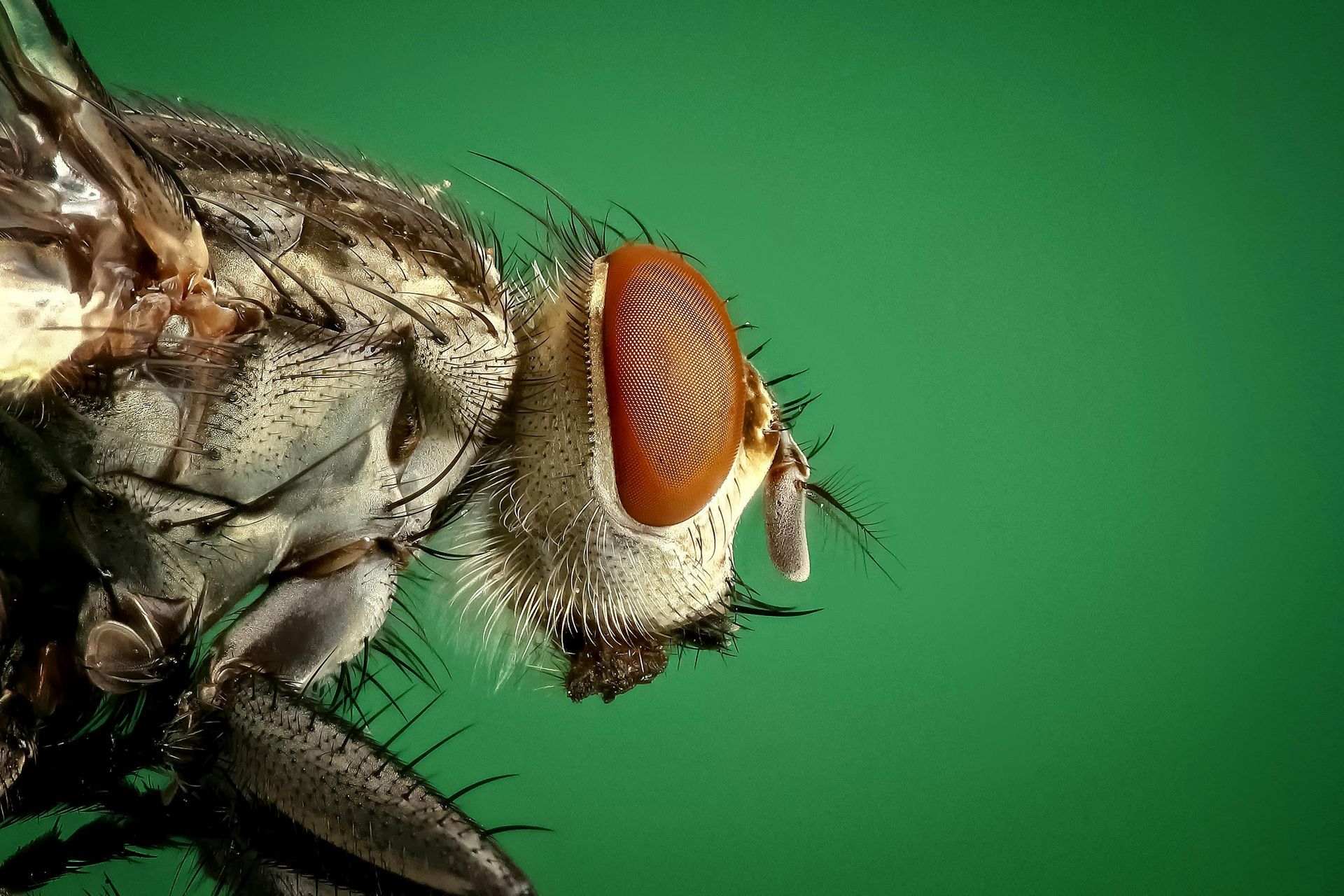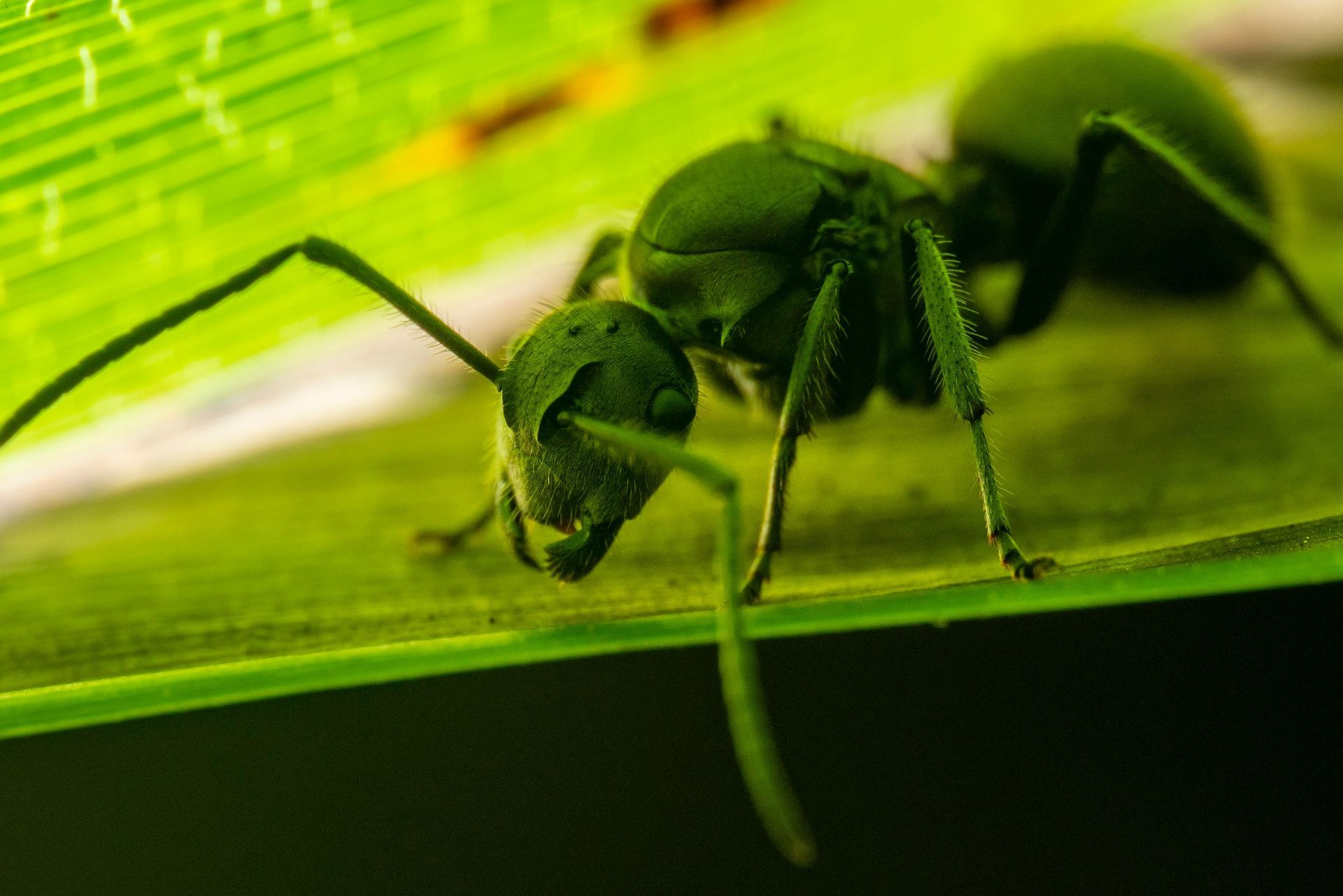The Top 3 Threats Raccoon Pose to Your Home
Raccoon can be vicious - the best defense is to keep them away.
Those cute, cuddly-looking creatures with the bushy tails sure look like animals you would want to snuggle up with. Don’t be fooled, however, as raccoons are not friendly critters. As their black “mask-like” eyes show, not only are raccoons perpetual bandits, but they can also be vicious when approached by humans.
It is important to know too that raccoons are not social animals. They sleep during the day and get into quite a bit of mischief during the night when the rest of us are getting our much-needed shut-eye. And even though they have clean habits (they wash their food and dig their own latrines), raccoons carry parasites and diseases that are very dangerous for us. For these reasons and more, raccoons pose a serious threat to your home and yard.
While a raccoon may appear harmless at first glance, there are plenty of dangers that you need to be aware of. If you see a raccoon or group of raccoons in the vicinity of your neighborhood, it is advised that you contact your local animal control unit so that they can help remove the animal from the area.
- Raccoons carry several diseases that are harmful to people. Although it isn’t all that common, some raccoons do carry rabies. Further, roundworms are commonly found in raccoon feces that can be found near your home. Always be sure to wear gloves when cleaning up feces, and wash your hands carefully afterward as the bacteria found in raccoon feces can cause kidney damage and liver failure in humans.
- Raccoons are known for attacking pets, especially cats and dogs. Though larger dogs may try to fight back, they will often be left with bites and scratches. Raccoons are often successful in killing cats and smaller dogs. And in some cases, raccoons have been known to attack people, especially if they feel threatened.
- Raccoons can be very destructive to your yard and personal property. They will often make nests in attics or basements. And, they can find their way in through very small spaces which means that they can get in and create damage to your home before you even know it. Raccoons will urinate outside of their nests, and they lile to dig for food. In doing so, they are known for causing destruction to gardens as they look for vegetables such as corn and peas to eat.
How to protect your home from raccoons
If you have seen raccoons in your area, it is important that you take steps to keep them away. The following tips will help you to reduce the likelihood that a raccoon will be a problem in your home in the future.
- Secure trash can lids with bungee cords or by placing a cinder block on the top
- Remove brush, keep your grass mowed, and prune overgrown shrubs to help avoid the creation of hiding places for raccoons to hang out in
- Try scaring raccoons off with motion-detecting sprinklers or lights
- Use an electric fence to exclude raccoons
- Use a raccoon repellent that leverages coyote urine (the raccoon’s natural predator) to keep them away
- Gather fruit that has fallen from trees and remove it from the area, and remove over-ripened fruit and vegetables from your gardens
Raccoons are known for trouble, and the last thing you want is to subject your children, pets, or other family members to harm. Also, be sure to keep your pets inside at night and ensure that pets are up to date on their shots. This will provide extra protection in the event your pets do come into contact with a pesky raccoon.
Critter Repellent All Natural Animal Repellent Blog
